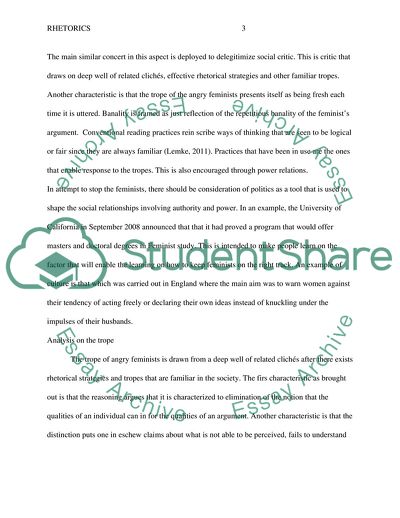Cite this document
(Foucault, Governmentality, and Feminism Assignment Example | Topics and Well Written Essays - 1750 words, n.d.)
Foucault, Governmentality, and Feminism Assignment Example | Topics and Well Written Essays - 1750 words. https://studentshare.org/creative-writing/1875746-rhetorics
Foucault, Governmentality, and Feminism Assignment Example | Topics and Well Written Essays - 1750 words. https://studentshare.org/creative-writing/1875746-rhetorics
(Foucault, Governmentality, and Feminism Assignment Example | Topics and Well Written Essays - 1750 Words)
Foucault, Governmentality, and Feminism Assignment Example | Topics and Well Written Essays - 1750 Words. https://studentshare.org/creative-writing/1875746-rhetorics.
Foucault, Governmentality, and Feminism Assignment Example | Topics and Well Written Essays - 1750 Words. https://studentshare.org/creative-writing/1875746-rhetorics.
“Foucault, Governmentality, and Feminism Assignment Example | Topics and Well Written Essays - 1750 Words”. https://studentshare.org/creative-writing/1875746-rhetorics.


